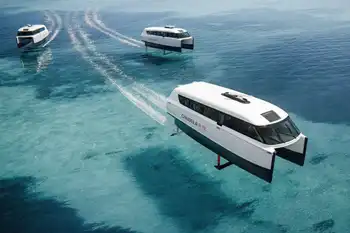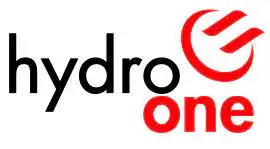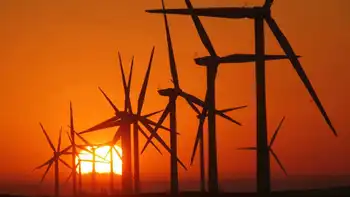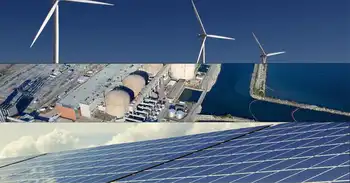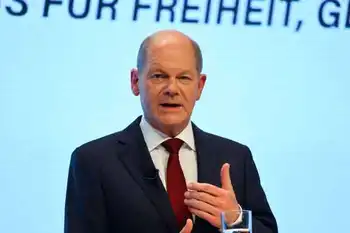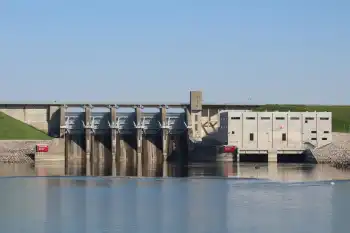Federal officials debate placement of power grid
By Associated Press
NFPA 70e Training
Our customized live online or in‑person group training can be delivered to your staff at your location.

- Live Online
- 6 hours Instructor-led
- Group Training Available
Senate Majority Leader Harry Reid, D-Nev., said he will soon introduce legislation that gives federal regulators authority to override states on electric grid placement decisions as part of a package of energy proposals the Senate is expected to take up in the coming weeks.
"We cannot let 231 state regulators hold up progress," Reid said, referring to the members of state public utility commissions that decide on transmission locations in the states. He said states should be given every opportunity to participate but that "there may come a time when the federal government will have to step in," including directing the taking of land for grid corridors.
A clean energy conference that included former Vice President Al Gore and former President Bill Clinton focused extensively on the need for a national "smart" grid to transport electricity, including an expansion of the system to bring wind and solar energy from remote locations to the nation's cities.
Interior Secretary Ken Salazar said he was ready to open energy corridors and renewable energy development on federal land and offshore waters, but he said that the power grid of today cannot move this energy from where it is located to where it is needed.
"In the end, unless we are able to solve this juggernaut and deal with the transmission issue we're simply going to be standing in place," Salazar told the conference, which was organized by the Center for American Progress.
Sen. Jeff Bingaman, D-N.M., who chairs the Senate Energy and Natural Resources Committee that will craft energy legislation, said that while he has not seen Reid's proposal he agreed the Federal Energy Regulatory Commission should have more authority for planning and siting high-voltage power lines.
Bingaman said he hopes to have a bill in four to six weeks that will address the grid issue and establish a requirement for utilities nationwide to generate a certain percentage of electricity — as much as 20 percent by 2020 — from renewable sources such as wind, solar and biomass.
States have fought to maintain jurisdiction over locating the power grid.
Fred Butler, a New Jersey regulator who is chairman of National Association of Regulatory Utility Commissioners, said state officials are willing to work with the federal government on placement issues but oppose a federal takeover of siting authority.
House Speaker Nancy Pelosi, D-Calif., also called for expansion of the nation's power transmission grid and development of a "smart grid" that allows increased efficiency and access to remote wind and solar energy resources. She said addressing the grid issue "is essential to all that we do" to promote renewable fuels.
Former New York Gov. George Pataki, one of the few Republicans at the conference, said the federal government must get more involved in establishing power transmission lines.
"If you try to run a wire through someone's community, that becomes about as contentious as you get," said Pataki, and if that power is going through a state, he said, "you don't have to take a poll — no one is going to be for it."
Gore said modernizing the transmission grid will allow for new ways to generate and distribute electricity including a shift to "rooftop energy" where residential solar panels and plug-in hybrid cars one day will not only consume power, but sell electricity to the grid.





